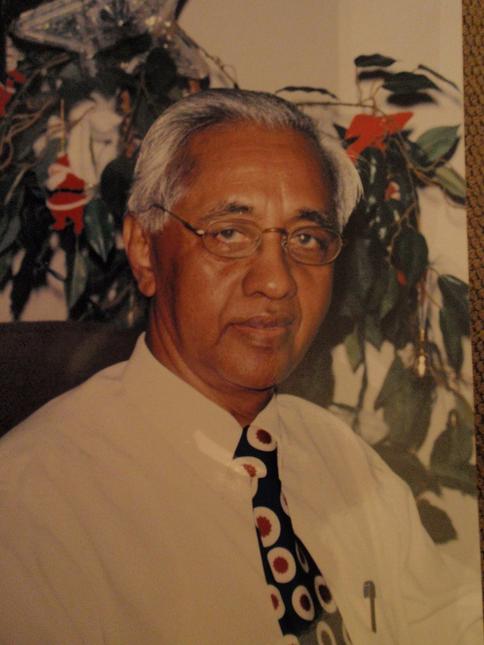“The human tragedy reaches its climax in the fact that after all the exertions and sacrifices of hundreds of millions of people and of the victories of the Righteous Cause, we still have not found Peace or Security, and that we lie in the grip of even worse perils then those we have surmounted.” – Winston Churchill
The lives of millions of people in various parts of our world are plagued by conflict situations which destroy their peace and may result in all sorts of tragedies.
Conflicts which in many ways adversely affect the lives of people can be heard of and be seen regularly. The many forms of conflict jeopardize the well being of many persons be it physical, emotional, mental, financial or otherwise.
People’s struggles for a better way of life and in some cases for survival may sometimes propel them into a more confrontational mode.
The social, economic, political, personal, family and other issues which demand their attention push them into being less tolerant with a fighting mood surfacing which fans flames of conflict. Such responses whether impetuous or calculated destroy not only good relationships which are necessary but affect the well being and tranquility of those involved.
In our world, full of lofty ideals, religious teachings and vociferous outpourings on subjects of love, harmony, compassion and understanding, the forces of conflict seem to be getting stronger and overshadowing peace.
Instead of searching for common bonds of unity to face such problems as poverty, disease, hunger, and want and focus on organisational and national goals, the tendency is to create and promote conflict.
Every person will state acceptance of the need for peace whether in the homes, schools, workplace, nationally or in the world. Yet too few are prepared to be instruments of peace. We seem to forget the Biblical statement “Blessed Are The Peace Makers For They Shall Be Called The Children Of God”. The question may be asked – what should the conflict lovers be called? Would the answer be children of the devil? Surely none of us would like to be so categorised, although we may sometimes place ourselves in that group.
Writing on vision of a better world Sir Peter Ustinov stated: “Ideally men should be judged by their actions not by their beliefs.” This is still sadly far from being the case. Whereas religions have succeeded in elevating mankind to wonderful isolated examples of spiritual strength, their message of love, concord, or even tolerance has been tragically ignored by those who used as something by its very nature divisive, exclusive and true to the detriment of other truths. And yet, despite these threats to the world’s peace of mind, Enormous changes in our sense of values are thrillingly discernible…
The quicker ideas of victors and vanquished are relegated to the sports arena, where they belong, to satisfy the chauvinistic diehard streak in all of us, the better. In the forward looking terms of future coexistence, these criteria have no place….
Our prosperity is as indivisible as our hard times”.
In our own society, we see conflict in so many areas of daily activities.
Some actions and events, however, good may be the intentions, accentuate divisions, adversely affects commitment and motivation, and raises the ugly head of accusations of partiality and discrimination of all which undermines purposeful unity.
The need for promoting peace is self-evident. In this regard, we have a role to play in our homes, offices, neighbourhoods, communities, and country.
The Italian Poet Petrarch writing on Peace stated:
“Five great enemies to peace inhabit with us: viz., avarice, ambition, envy, anger and pride. If those enemies were to be banished, we should infallibly enjoy perpetual peace.”
My view is that we must seek peace within ourselves. We must pray that the Lord will lift up His countenance upon us, grant us peace and make us instruments of peace.
As François Fénelon a French Archbishop observed:
“Peace does not dwell in outward things but within the soul; we may preserve it in the midst of the bitterest pain, if our will remains firm and submissive. Peace in this life springs from acquiescence to, not in an exemption from, suffering. ”






